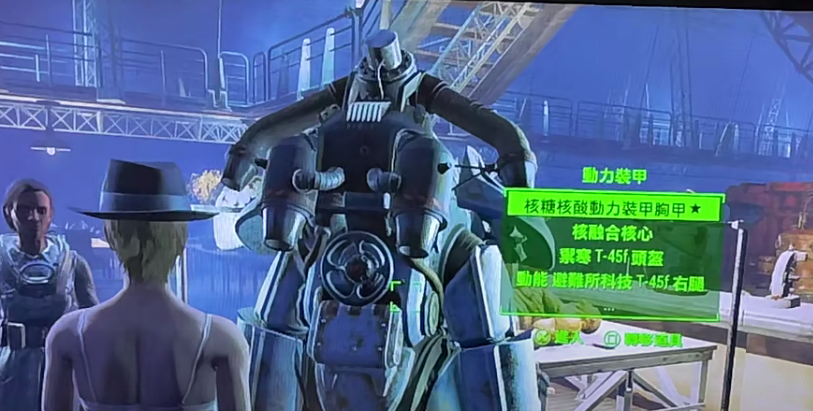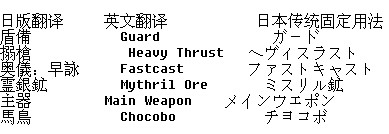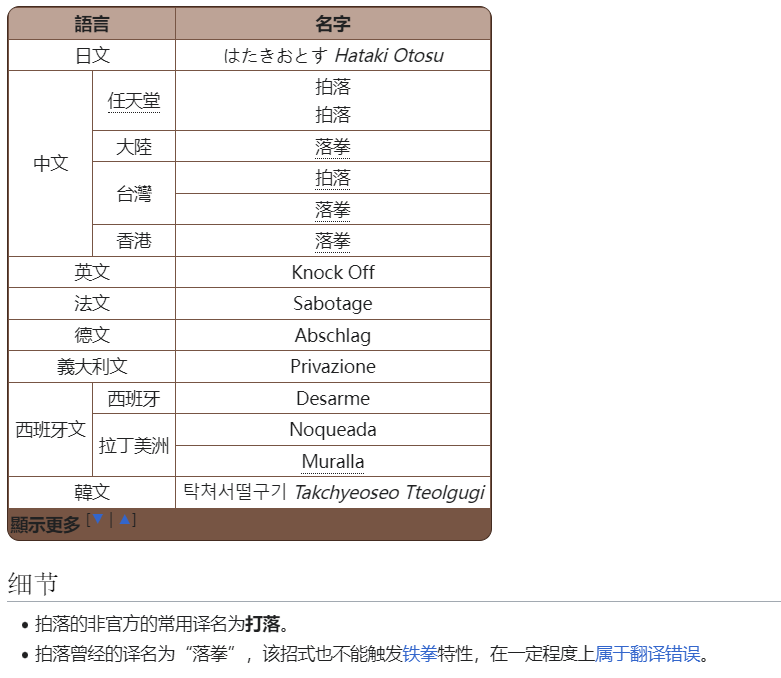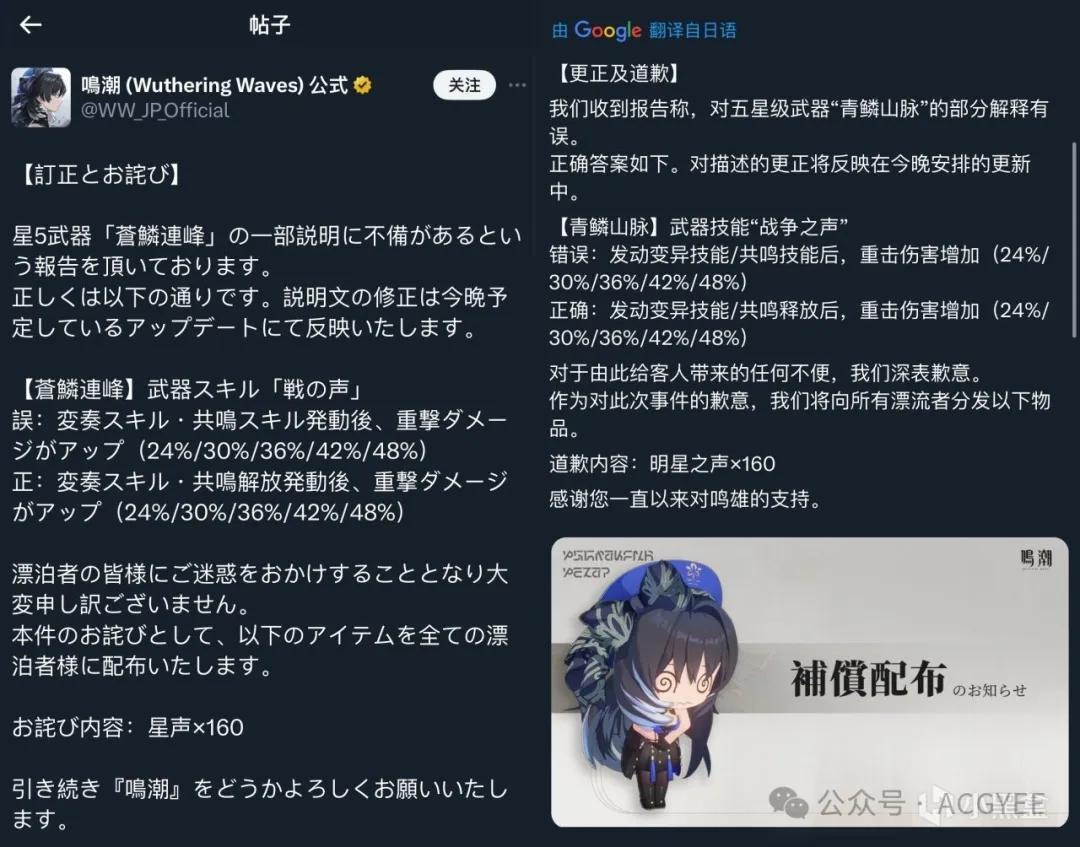In the wave of the globalized game industry, for a game to enter the international market, crucial elements like a captivating storyline, stunning visuals, and engaging plots are essential. Hence, accurate and smooth localization translation is of utmost significance. However, game translation confronts numerous challenges. These difficulties are like hurdles testing the wisdom and capabilities of translators. Even a minor error can lead to player dissatisfaction and impact the game's performance in the global market. So, what exactly are the challenges in game translation, and what specific consequences can improper translations bring? The following will delve deeply into several typical cases to reveal the translation difficulties and the ensuing problems.
Conflict between Word Polysemy and Professional Context
In a game, "Power Armor" was translated as "核能裝甲" (Nuclear Armor), overlooking the close connection between the word's multiple meanings and the game's professional context. In general English, "power" encompasses broad meanings such as "energy" and "power". But in the unique setting of Fallout 4, it specifically refers to a power system supported by various driving methods, with nuclear energy being just one of them. If translators lack in-depth exploration of the game's complex mechanical designs and energy systems, they are prone to falling into the trap of translating solely based on common definitions. This mistake severely disrupts players' understanding of the game's equipment framework, causing confusion when players discuss equipment performance and modification strategies. It also undermines the internal logical coherence of the game world, making it difficult for players to plan their game progress and battle strategies based on accurate information.

Image sourced from Xiaohongshu
Cultural Controversies Triggered by Translation
Inaccurate translation can easily spark controversies. In Final Fantasy 14, the Chocobo, an iconic element of the Final Fantasy series, became the center of a translation controversy. Its traditional English name "Chocobos" and Japanese name "チョコボ" had remained consistent in previous installments. However, in the Japanese version of Final Fantasy 14, it was changed to "馬鳥(niǎo)" (Horsebird), which is considered a literal and unprofessional translation, completely deviating from the series' tradition. This change elicited strong dissatisfaction among Japanese and Western players. Additionally, common words like "index finger" were mistranslated in the Japanese version as "食指" instead of the correct "人差し指". There were numerous such translation errors of everyday terms. These translation issues led players to speculate that the game had significant Chinese involvement in production or was even developed in China. Coupled with the much-criticized fatigue system, which was suspected of catering to China's online game anti-addiction policies, although the official emphasized that the Chinese version was independently localized and operated, it still triggered boycotts and disputes among international players. This severely affected the game's reputation and sales in the international market, posing a major setback to its globalization process and highlighting the critical role and potential risks of translation in cross-cultural game dissemination.

Information and images sourced from 52pk
Ambiguous Translations within the Game Context
Ambiguous translations within the game context are a common problem. For instance, the Pokémon series has gained worldwide popularity with its diverse Pokémon, unique skills, and items. A skill named "はたきおとす", which means "拍落" (Knock Off) and can nullify the opponent's held item during battle, was translated as "落拳" (Falling Fist) in early versions. Although this translation has some similarity in literal meaning, it causes ambiguity within the Pokémon game context. This move doesn't trigger the Iron Fist ability, which is, to some extent, a translation error. In the early English translation, it was rendered as "knock off", leading many Western players to misunderstand it as a simple physical attack to "knock down" rather than a special effect targeting items. In actual battles, players' incorrect understanding of the skill led to unexpected results, disrupting battle strategies and undermining competitive fairness. This translation error sparked widespread dissatisfaction in the Western player community, reducing players' trust in the game. The official had to release patches to correct the issue and spent significant effort re-explaining the skill mechanism to quell players' complaints. However, the game's image had already been damaged, especially among competitive players, and it took a long time to restore its reputation.

Image sourced from Pokémon Encyclopedia
Translation Predicaments of Key Gameplay Terms and Information Delivery
The weapon system is crucial for gameplay, and translation errors can have severe consequences. The incident of the Jiyan exclusive weapon in the Japanese server of Naraka: Bladepoint serves as a typical example. The original text clearly stated that this weapon increases heavy attack damage after activating the ultimate skill Q, which is a vital factor for players to decide whether to obtain the weapon. However, the translated text mistakenly indicated that the heavy attack damage would increase after activating the War Chronicle E. Many Japanese players excitedly acquired the weapon, investing substantial resources in upgrading and team composition, only to find that it didn't perform as expected in actual combat. The sense of being deceived was palpable. Similarly, the Asia server-exclusive weapon faced a similar situation. The Chinese description stated that the damage bonus is triggered by using the ultimate skill, while the Japanese translation suggested it could be triggered by a small skill. Players' painstaking efforts to obtain powerful weapons were met with disappointment due to the discrepancy between the description and reality. Their trust in the game plummeted, and the game's reputation crumbled within the player community, much like a carefully constructed tower whose foundation was gradually eroded by incorrect information.

Image sourced from ACG
These translation errors, ranging from affecting player experience and impeding cultural dissemination to undermining player trust and dampening cultural resonance, serve as a warning to game developers. Translation is not merely a simple word-for-word conversion; it is a bridge connecting players to the game world and different cultures. There are various challenges in the translation process, and even a slight oversight can tarnish the luster of an otherwise excellent game, making it difficult for it to shine on the international stage.
About Glodom
Glodom is a top 100 global language service provider. It has amassed profound expertise in game localization and established long-term, stable partnerships with numerous renowned global game companies. Glodom employs over 300 full-time staff, with its service network spanning more than 40 countries worldwide, supporting over 200 languages. We consistently prioritize both innovation and service. Leveraging advanced technology and rich project management experience, we have successfully assisted numerous enterprises in achieving their global strategic layouts. Whether in terms of the accuracy of localization translation or the efficiency of multilingual processing, Glodom remains at the forefront of the industry.


